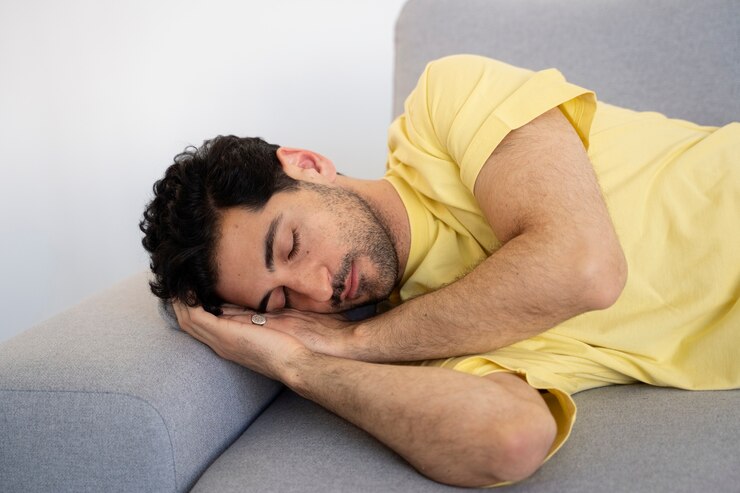Whether you have difficulty staying asleep, falling asleep, or waking up feeling unrested, a poor night’s sleep can leave you feeling sluggish and unmotivated. Not to mention, lack of quality sleep can increase your risk of developing diabetes, heart disease, and several other chronic health conditions Learn more about improving your sleep hygiene with our sleep tips below. While some factors that impact sleep quality may seem insignificant independently, such as sticking to a regular sleep-and-wake schedule, these factors play a critical role in getting a good night’s sleep. People who have poor sleep hygiene may suffer from both physical and mental health issues. Preparing your sleeping environment First and foremost, it’s important to understand that your sleeping environment plays a critical role in the quality of your sleep. Factors to consider in your bedroom environment include the temperature of the room, levels of light, and noise levels Achieving better sleep hygiene Improving your sleep hygiene routine will take some time but can make a major impact on your sleep quality. Pay close attention to your sleeping environment, including the temperature, noise levels, and amount of light in the room
Thank you for reading this post, don't forget to subscribe!
Sunday, October 12, 2025


